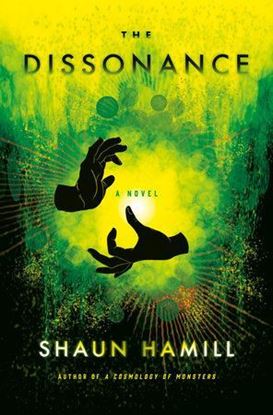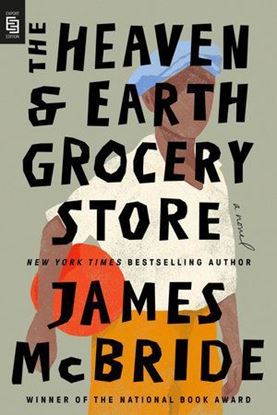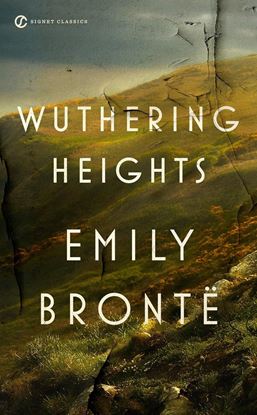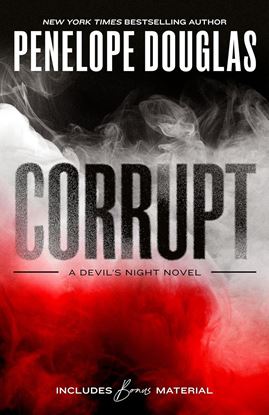

LOVE AT FIRST BOOK
Emily Allen, a librarian on Martha’s Vineyard, has always dreamed of a life of travel and adventure. So when her favorite author, Siobhan Riordan, offers her a job in the Emerald Isle, Emily jumps at the opportunity. After all, Siobhan’s novels got Em through some of the darkest days of her existence.
Helping Siobhan write the final book in her acclaimed series—after a ten-year hiatus due to a scorching case of writer’s block—is a dream come true for Emily. If only she didn’t have to deal with Siobhan’s son, Kieran Murphy. He manages Siobhan’s bookstore, and the grouchy bookworm clearly doesn’t want Em around.
Emily persists, and spending her days bantering with the annoyingly handsome mercurial Irishman only makes her fall more deeply in love with the new life she’s built – and for the man who seems to soften toward her with every quip she throws at him. But when she discovers the reason for Kieran’s initial resistance, Em finds herself torn between helping Siobhan find closure with her series and her now undeniable feelings for Kier. As Siobhan’s novel progresses, Emily will have to decide if she’s truly ready to turn a new page and figure out what lies in the next chapter.
850
638
THE DISSONANCE
“You can never go home again,” the saying goes—but Hal, Athena, and Erin have to. In high school, the three were students of the eccentric Professor Marsh, trained in a secret system of magic known as the Dissonance, which is built around harnessing negative emotions: alienation, anger, pain. Then, twenty years ago, something happened that shattered their coven, scattering them across the country, stuck in mundane lives, alone.
But now, terrifying signs and portents (not to mention a pointed Facebook invite) have summoned them back to Clegg, Texas. There, their paths will collide with that of Owen, a closeted teenager from Alabama whose aborted cemetery seance with his crush summoned something far worse: a murderous entity whose desperate, driving purpose includes kidnapping Owen to serve as its Renfield. As Owen tries to outwit his new master, and Hal, Athena, and Erin reckon with how the choices they made as teens might connect to the apocalyptic event unfurling over the Lone Star State, shocking alliances form, old and new romances brew, and three unsuccessful adults and one frightened teen are all that stand between reality and oblivion.
From one of the boldest, most brilliant voices in modern fantastical horror, The Dissonance is a thrilling and beautifully written story of magic and monsters, forgiveness and friendship.
850
638
THE HEAVEN & EARTH GROCERY STORE
In 1972, when workers in Pottstown, Pennsylvania, were digging the foundations for a new development, the last thing they expected to find was a skeleton at the bottom of a well. Who the skeleton was and how it got there were two of the long-held secrets kept by the residents of Chicken Hill, the dilapidated neighborhood where immigrant Jews and African Americans lived side by side and shared ambitions and sorrows. Chicken Hill was where Moshe and Chona Ludlow lived when Moshe integrated his theater and where Chona ran the Heaven & Earth Grocery Store. When the state came looking for a deaf boy to institutionalize him, it was Chona and Nate Timblin, the Black janitor at Moshe’s theater and the unofficial leader of the Black community on Chicken Hill, who worked together to keep the boy safe.
As these characters’ stories overlap and deepen, it becomes clear how much the people who live on the margins of white, Christian America struggle and what they must do to survive. When the truth is finally revealed about what happened on Chicken Hill and the part the town’s white establishment played in it, McBride shows us that even in dark times, it is love and community—heaven and earth—that sustain us.
Bringing his masterly storytelling skills and his deep faith in humanity to The Heaven & Earth Grocery Store, James McBride has written a novel as compassionate as Deacon King Kong and as inventive as The Good Lord Bird.
850
638
THE HEARTBREAKERS (1)
When Stella Samuel meets a gorgeous blue-eyed guy at Starbucks and shows him her camera, it's nothing more than a moment―one that takes her breath away, sure, but it's not like she'll ever see him again. This year she's postponing college to support her sister, Cara, as she fights cancer, and she doesn't have time for anything else.
While Stella would rather not spend three hours in line to get autographs from some band called The Heartbreakers, her sister's a huge fan. It'll be totally worth it to surprise Cara on her birthday.
850
638
WUTHERING HEIGHTS
There are few more convincing, less sentimental accounts of passionate love than Wuthering Heights. This is the story of the savage, tormented foundling Heathcliff, who falls wildly in love with Catherine Earnshaw, the daughter of his benefactor, and of the violence and misery that result from their thwarted longing for each other.
850
638
CORRUPT. DEVIL'S NIGHT 1
Erika Fane’s boyfriend's older brother is handsome, strong, and completely terrifying. The star of his college's basketball team gone pro, he's more concerned with the dirt on his shoe than he is with her. But she saw him. She heard him. The things that he did, and the deeds that he hid...
For years, Erika bit her nails, unable to look away. Now, she’s in college, but she hasn’t stopped watching him. He’s bad and the things she’s seen aren’t content to stay in her head anymore.
850
638













